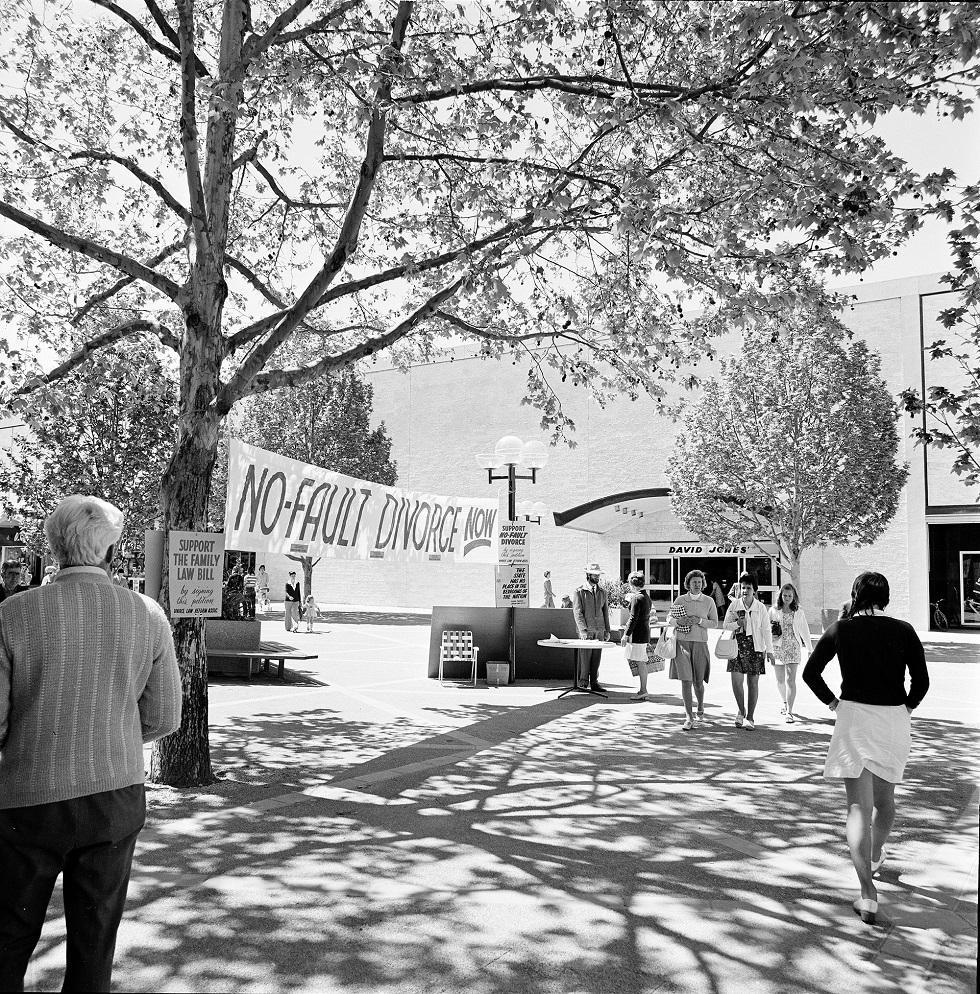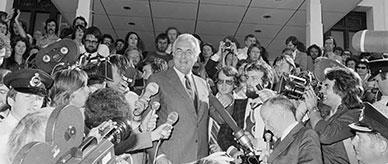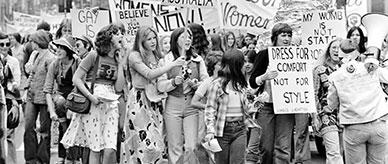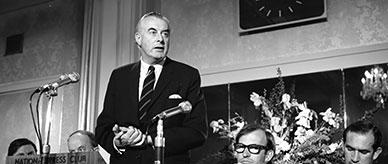


About this record
Prior to 1975, in order to divorce, one party – the husband or wife – had to prove that the other party had committed a ‘matrimonial offence’ such as domestic violence. Proceedings were conducted publicly in the Supreme Court at great expense to the couple.
In 1975 the Whitlam Government enacted the Family Law Act, replacing earlier legislation, to allow couples to divorce if they could show that their marriage had suffered an irretrievable breakdown and that they had been separated for more than twelve months.
Related themes
Need help with your research?
Learn how to interpret primary sources, use our collection and more.



